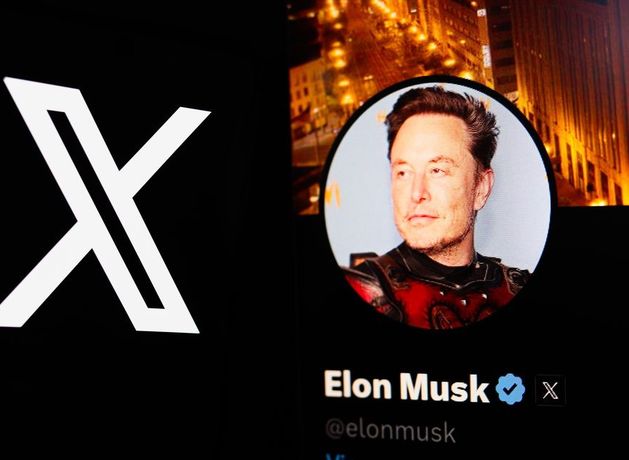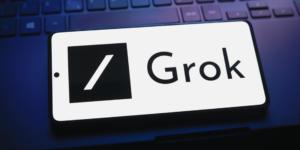DPC Probes Elon Musk’s X for Utilizing EU Personal Data in Grok AI Training

Investigation into Data Practices of X (formerly Twitter)
Overview of the Investigation
The Data Protection Commission (DPC) in Ireland has officially launched an investigation into the social media platform X regarding how it utilizes personal data gathered from users in the European Union (EU). This inquiry focuses specifically on the use of this data to train its generative AI system called Grok.
Role of the DPC
As the primary regulatory authority for data protection in the EU, the DPC is positioned to ensure that companies like X comply with the General Data Protection Regulation (GDPR). This regulation is one of the most stringent data protection laws globally, imposing heavy penalties for violations, which can reach up to 4% of a company’s total worldwide revenue.
Details of the Inquiry
The DPC’s investigation will closely examine how personal data from publicly available posts by EU/EEA users on the X platform is processed. The goal is to assess its use for training purposes related to generative AI models, which rely on vast datasets for deep learning and algorithm development.
Context of Data Protection Issues
Data protection has become a hot topic in the tech industry, particularly concerning how major companies collect and use consumer information. In the past, officials from the U.S., including former President Donald Trump and his administration, have criticized EU regulations, viewing fines as a form of taxation on American businesses.
Reactions from Leadership
Elon Musk, who owns X and is often vocal about regulatory challenges, has also expressed discontent with EU regulations. His criticism largely targets the direct control that EU authorities exercise over content and data protection practices of firms operating within their jurisdiction.
Previous Regulatory Actions
This move to investigate follows earlier legal actions where the Irish DPC sought to impose restrictions on X’s data processing activities. Previously, X halted the use of EU users’ personal data without their consent for AI system training after facing legal pressure. In response to these developments, the DPC eventually concluded its court actions against X following the company’s commitment to limit its data practices in the long term.
Track Record of the DPC
Since gaining the power to sanction companies under the GDPR framework in 2018, the DPC has enforced penalties against several well-known corporations, including LinkedIn, TikTok, and Meta. These enforcement actions have resulted in fines totaling around €3 billion against Meta alone, reflecting the DPC’s commitment to uphold data protection standards.
Historical Sanctions Against X
X has not faced significant penalties recently, the last being a €450,000 fine in 2020. This penalty marked the first enforcement action taken by the DPC under the new data privacy regulations.
Conclusion
The ongoing investigation by the DPC highlights the growing importance of data privacy in the digital age, particularly concerning AI technology’s rapid advancement. As companies like X navigate this evolving landscape, compliance with stringent regulations will be crucial to avoid hefty fines and maintain user trust.





